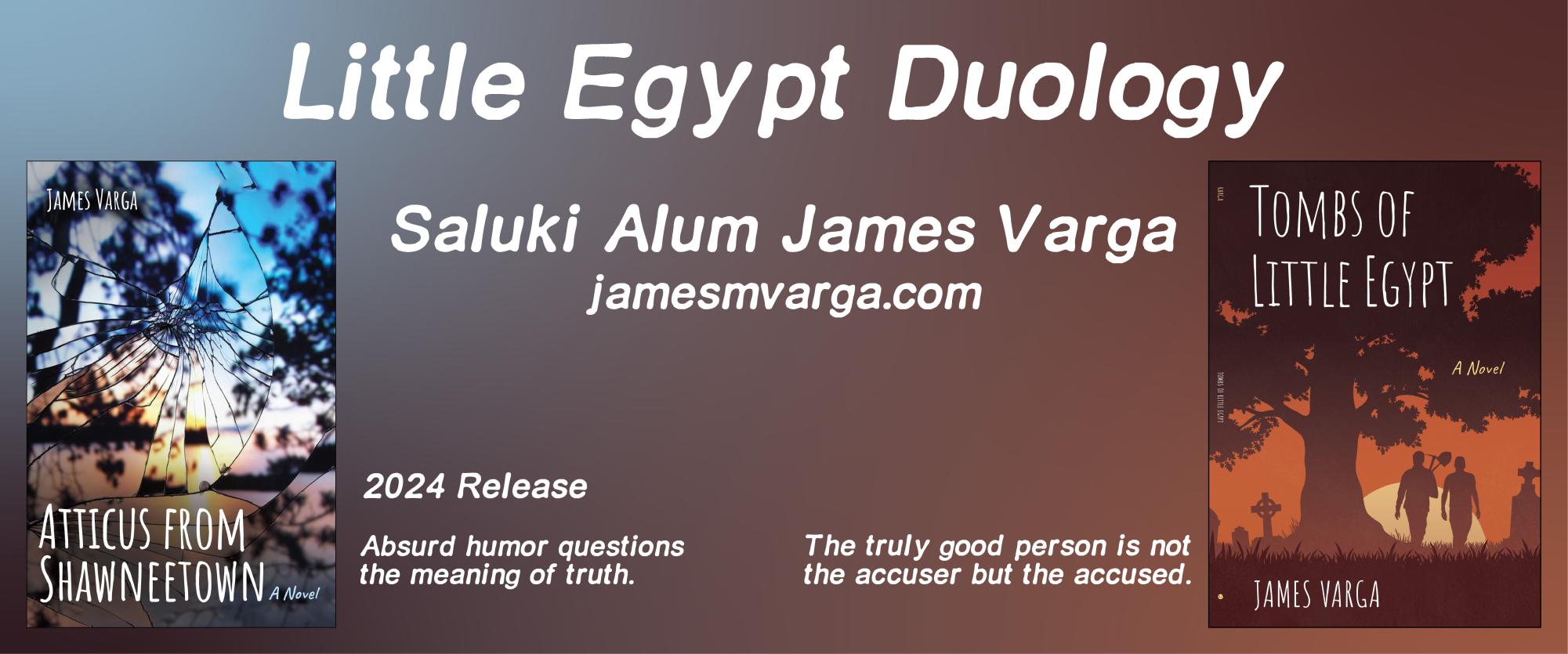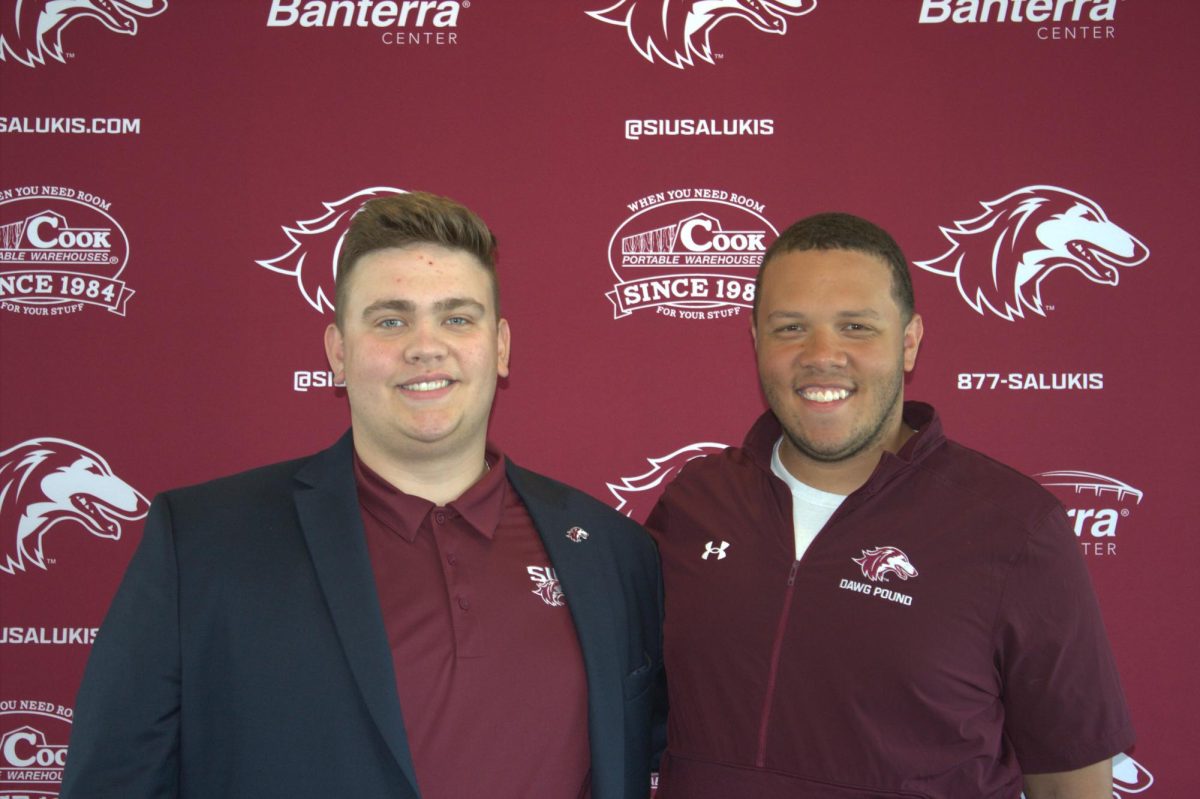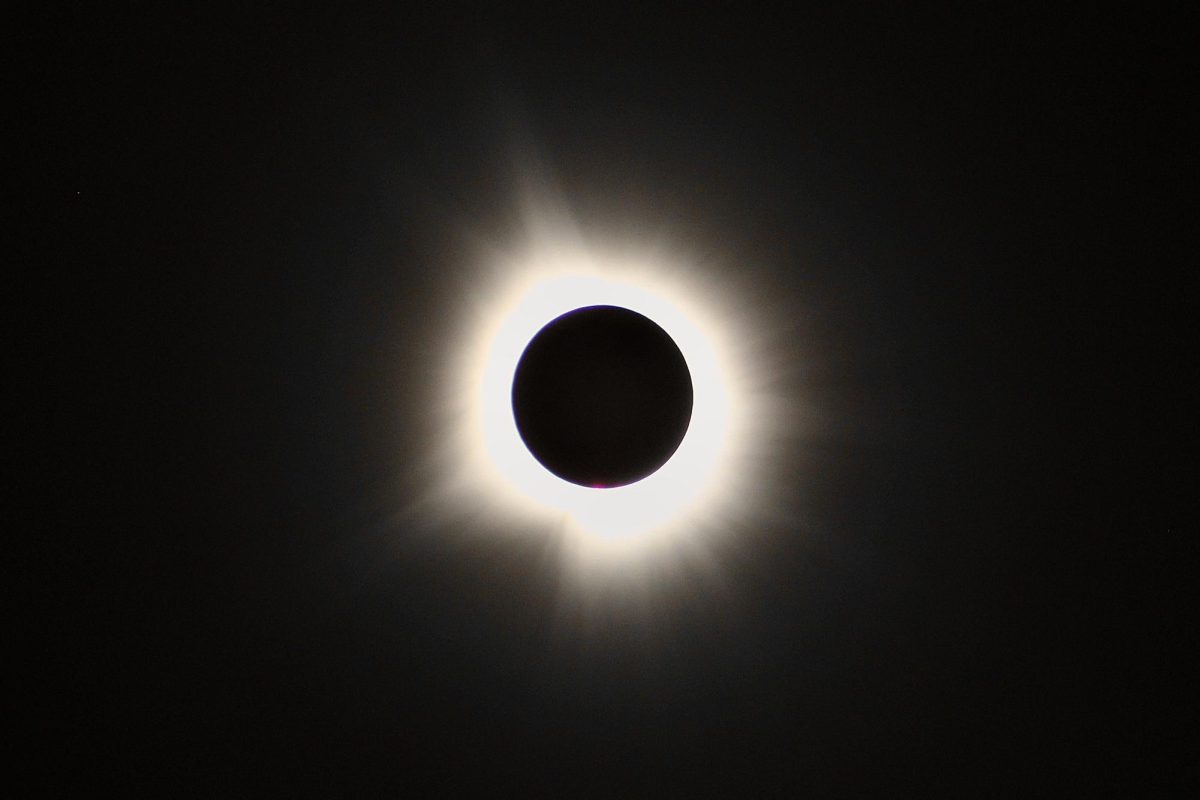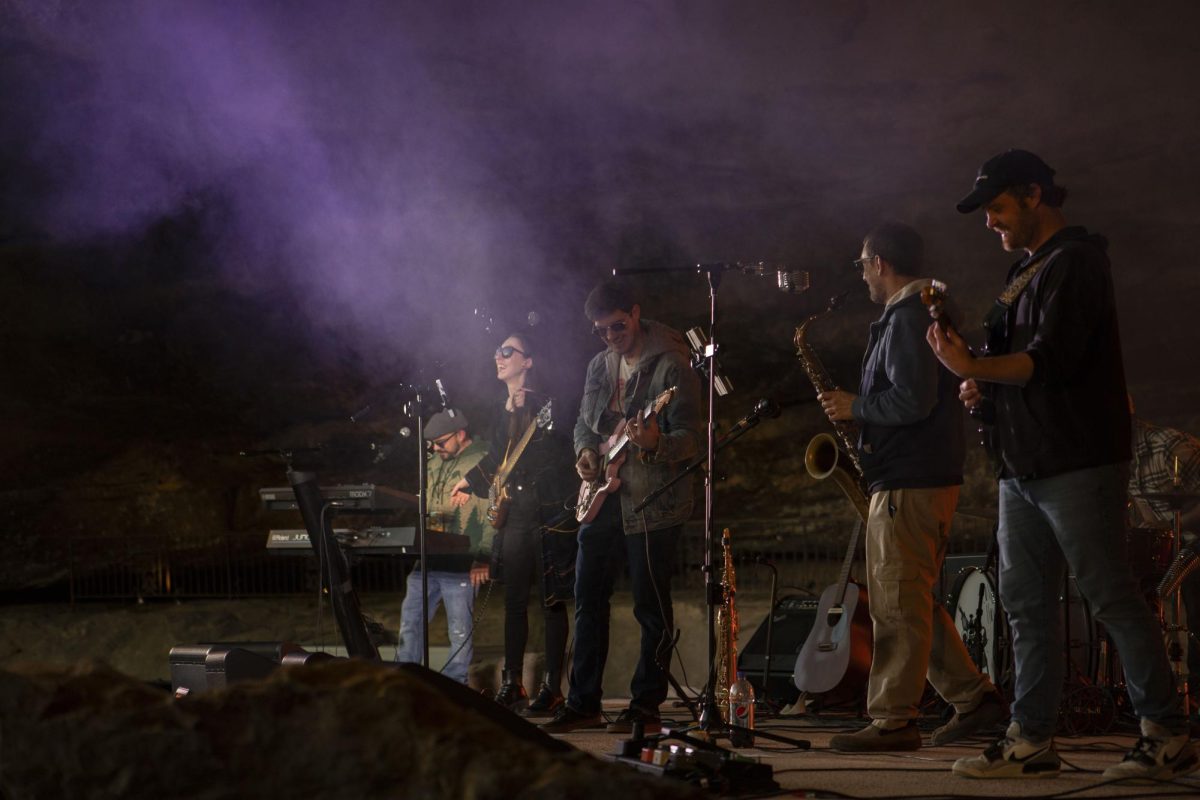Black History is American History
February 6, 2013
As the country recognizes black American history, university faculty and students discuss the month’s cultural relevance.
The month, which was originally Black History Week, was started in 1926 by Carter Godwin Woodson to honor and pay tribute to blacks who helped shape America’s history, culture, tradition and society. It became a month-long celebration in February 1976.
Advertisement
Father Joseph Brown, director of Africana studies, said celebration months such as BHM, National Hispanic Heritage Month and Asian-Pacific Heritage Month are necessary to teach what is mostly unknown or misinterpreted by those who are genuinely interested in shifting the ways all historical stories are told. He said the heritage months allow people to embrace a certain culture deeper and concentrate on learning more about its history.
“I strive to be a Christian every day, but that doesn’t mean that I don’t need to celebrate Christmas, Good Friday, Easter and other sacred moments in order to sharpen my focus, reorganize my priorities and enter into rituals that help to deepen my understanding,” he said.
Brown said while the events are necessary, they should not be dedicated to just one month. He said Africana Studies department members were clear in advocating Black History Year, rather than month, by sponsoring events as early as September and as late as May in all the years they coordinated BHM through the BHM Committee.
Philadelphia Criminal Defense Lawyer Michael Coard said in a February 2012 national news article that he thinks BHM should be abolished because black history is
much too important to be crammed into such a small time frame.
Brown said becoming educated on the history and origin of different cultures is especially important when it comes to a college campus. He said universities would be much more exciting if students were required to take classes that discuss topics such as race, sex and the Lesbian Gay Bi-Sexual Transgender Queer communities.
“If you’re going to be heavily involved in the world, then you need to know about all different types of people,” he said. “This is what makes you marketable.”
Advertisement*
Brown said many students do not think they need to take classes about other races or the opposite sex because that’s not the field they will enter after college. However, they should realize that Black history is actually American history, and learning about subjects they think might not pertain to them might actually highlight their own history.
“Students and teachers need to think about the world the students will go into when they graduate, the global village that’s full of all different kinds of people,” he said. “You can break up any culture on Youtube. Why can’t we?”
Brown said certain classes should not be restricted only to students who can relate to the curriculum.
“If I was teaching a room full of blacks,
Hispanics and Europeans, I can teach that exact same lesson to a room full of white students,” he said. “The students should be advised that they don’t have to steer away from classes that they think they can’t relate to.”
SIU’s 41 hours of core curriculum require only three hours to be fulfilled in multicultural studies, which is defined on the core curriculum website as classes that raise race, ethnicity, class, and gender awareness as well as other diversity issues involved in improving human relations.
Getahun Benti, associate professor of history, said he thinks students choose classes that relate directly to their background.
“Everyone claims an identity,” he said. “Whatever that identity is, whether it be race related, culture related or sexual preference, they will want to learn about that identity more than they will want to learn about other identities.”
Benti said his African history classes are something all students should be interested in because he teaches comparative slavery.
“Most people have a streotype regarding slavery as being something that occured in America in the southern states, but it occurred and still is occurring in countries all over the world,” he said. “People of all races, including white, were slaves.”
Maria Rodriguez, a graduate student in anthropology from Indianapolis, said she declared women’s gender and sexuality as her
minor during her undergraduate years after she took such a class as a core curriculum requirement during her sophomore year.
“I think most people shy away from things they don’t think will be beneficial to getting a career after college, but taking classes for WGSS actually opened my eyes to my own gender in a lot of ways,” she said. “Even the guys, who took the class just because they thought it would be a breeze and let them work with a lot of women, actually walked away saying they learned so much.”
Rodriguez said she thinks college is the perfect time for people to open their minds and learn about something they know very little about.
“The world isn’t full of just black and white, heterosexual people,” she said. “There are billions of different people in this world, so remaining in a bubble or your comfort zone isn’t going to advance you at all in life,” she said.
David Jackson, a senior from Belleville, Mo., studying engineering, said his mother always pushed him to take classes that teach topics on a different language and culture.
“I think having a month to really focus in a specific cultures is necessary because everyone wants to have events to celebrate how far we’ve come,” he said. “While that specific race may celebrate on a daily basis, those months force the rest of the world to be bombarded by posters and constant reminders of what month it is.”
Jackson said he’s gotten to know people of all different races and backgrounds since attending the university, which he thinks made him become more sociable.
Advertisement









